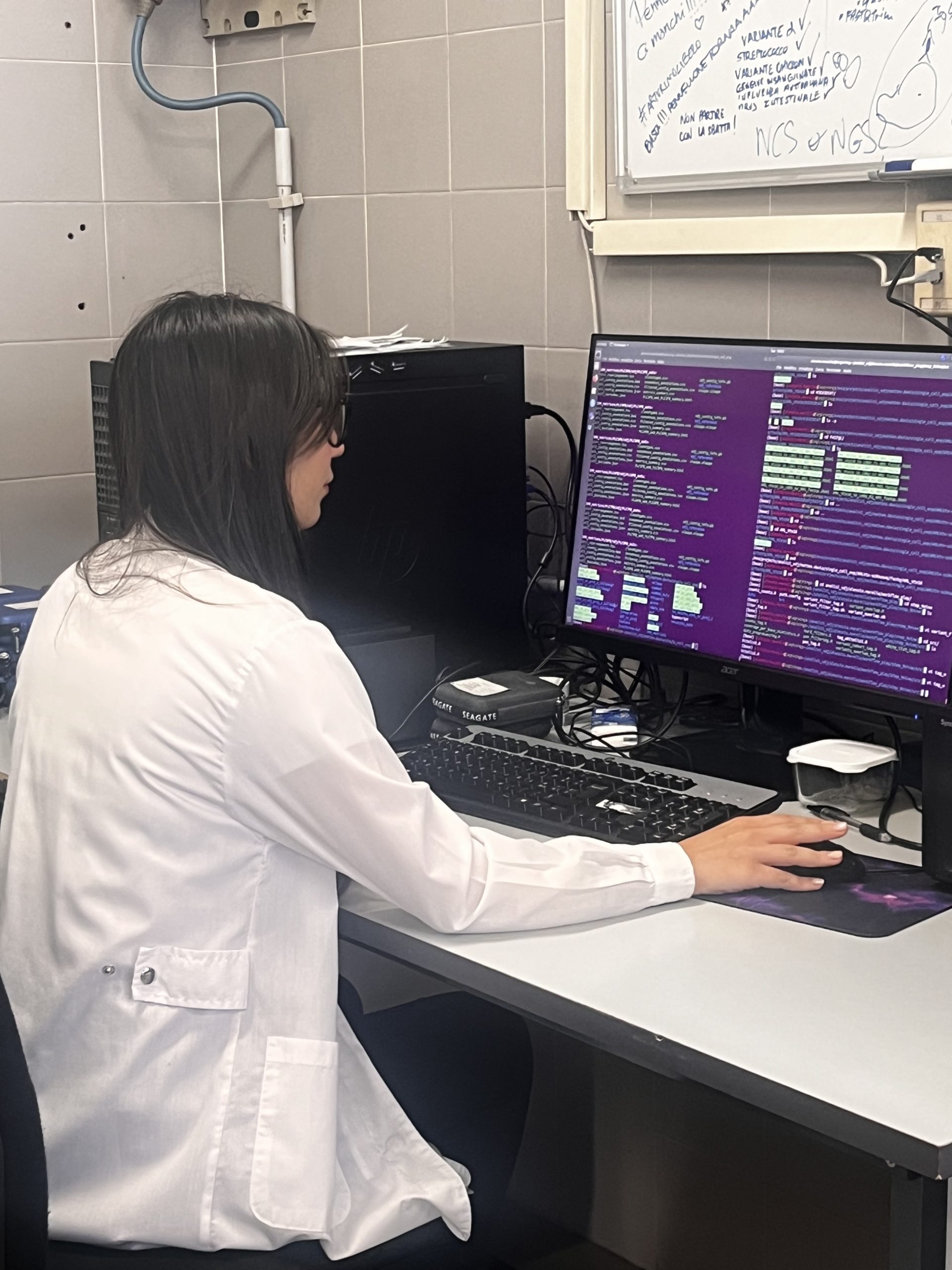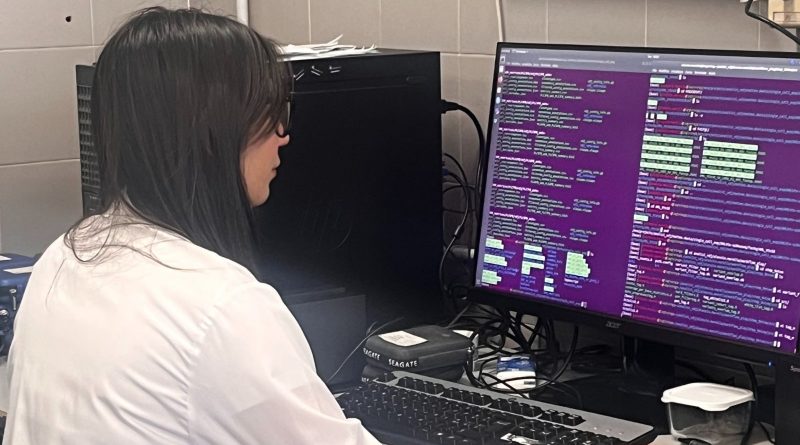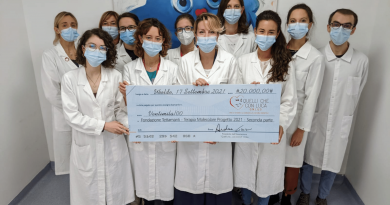Lab Experience at the Laboratory of Hematology at the University of Milan, Fondazione IRCCS Policlinico Milano – Francesca Savoldelli
Personal reflections first lab rotation
Francesca Savoldelli, 6° cohort, UNIMI
I had the opportunity to do my first lab rotation at the Laboratory of Hematology at the University of Milan, Fondazione IRCCS Policlinico Milano.
PI of the laboratory: Prof. Niccolò Bolli
Tutor: Dr. Francesca Lazzaroni
The lab focuses on:
The Laboratory of Hematology focuses on advancing the comprehension of hematological malignancies, encompassing a broad range of studies focused on understanding the genetic and molecular mechanisms underlying these diseases. This includes the genomic characterization of monoclonal gammopathies to uncover genetic determinants of tumor phenotype, prognostic markers of progression, and predictive markers of treatment response.
Through the use of advanced technologies such as single-cell RNA sequencing and B-cell receptor genotyping, the lab seeks to advance our understanding of the tumor microenvironment, immune system interactions, and their implications for disease management and therapy in hematology.
My experience & learnings
During my lab rotation, I had the invaluable opportunity to delve into the field of bioinformatics. One of the most impactful experiences was learning to work with single-cell RNA sequencing (scRNA-seq). This advanced technique allows researchers to examine the gene expression profiles of individual cells, providing a detailed view of cell-to-cell variability within a sample. This can reveal how different cells respond to treatments or how they contribute to disease progression.
Under the mentorship of Dr. Francesca Lazzaroni, I developed skills in managing and analyzing scRNA-seq data using R programming and tools like the Seurat package. My primary project involved analyzing scRNA-seq data from patients with multiple myeloma, aiming to identify distinct genetic profiles that could predict disease progression and response to therapy. This experience not only enhanced my analytical skills but also broadened my understanding of how bioinformatics is pivotal in deciphering complex genetic data and its implications on disease phenotypes and treatment responses. This introduction to bioinformatics has significantly shaped my approach to scientific research, opening up new pathways for my future academic and professional pursuits in hematology.




